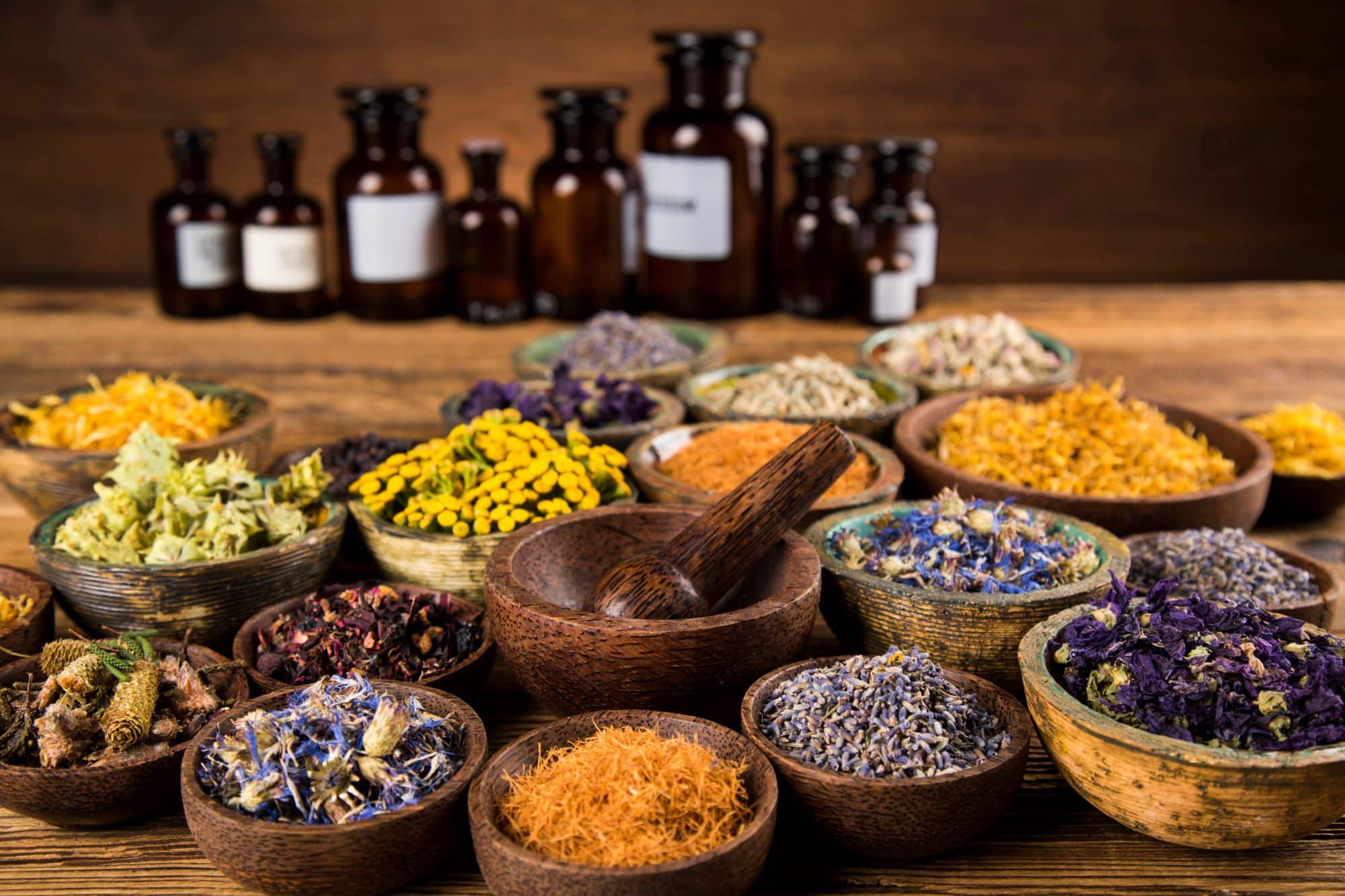
Car accidents can be physically and emotionally traumatic experiences. Even minor collisions can result in pain and discomfort, requiring effective pain management strategies. While conventional pain medications are commonly prescribed, natural alternatives offer a gentler approach with fewer side effects. Many patients know the addictive powers of pharmaceuticals and seek effective but natural pain management options.
Some pain can’t be relieved with medication. You might need to see a chiropractor, a specialist, or a physical therapist after a car accident. After an accident, you can try a few natural pain management options.
After a car accident, allowing your body time to heal is crucial. Rest is essential during recovery, reducing inflammation and promoting tissue repair. However, prolonged bed rest can weaken muscles and prolong recovery.
In addition to rest, gentle movement and light exercises, under the guidance of a healthcare professional, can help maintain flexibility, prevent muscle stiffness, and promote blood circulation. Activities such as walking, swimming, or yoga can alleviate pain and promote healing. Low-impact exercises can also release endorphins, the body’s natural painkillers.
You can get pain relief from heat and cold therapy. Standard heat therapy techniques include a hot shower, a warm compress, or a heating pad. Applying heat increases blood flow and relaxes muscles, releasing muscle spasms and stiffness. Heat therapy can promote healing and reduce pain if used within 48 to 72 hours of an injury.
On the other hand, cold therapy reduces inflammation and numbs the affected area, providing temporary pain relief. Ice packs, cold compresses, or even a bag of frozen vegetables wrapped in a cloth can be applied to the injured area for short durations, typically around 15 minutes. Cold therapy is particularly effective at reducing swelling and managing acute pain. However, it should not be used for extended periods as it restricts blood flow.
Analgesic and anti-inflammatory properties of herbs can greatly help reduce pain after a car accident. The following herbs are commonly used to help manage pain after a car accident:
Essential oils have long been used for their therapeutic properties. Some essential oils have pain-relieving and anti-inflammatory effects. They can provide natural pain management after a car accident when used topically or in aromatherapy. Here are some examples:
Stress and anxiety often accompany physical pain after a car accident. Mind-body techniques can help manage both the physical and emotional aspects of pain. Techniques such as meditation, deep breathing exercises, and progressive muscle relaxation can promote relaxation, reduce stress, and manage pain.
Meditation involves focusing your attention and eliminating thoughts that contribute to pain or stress. Deep breathing exercises can help calm the nervous system and reduce muscle tension. Progressive muscle relaxation involves systematically tensing and relaxing different muscle groups to achieve deep relaxation.
Pain can also be managed and healed through alternative therapies, such as acupuncture and chiropractic care. In acupuncture, thin needles are inserted into specific body points to relieve pain. The purpose of chiropractic care is to realign the spine in order to reduce pain and improve mobility. However, you must consult a qualified professional before trying these therapies.
While pain management after a car accident is crucial, it is equally imperative to consider natural options that minimize reliance on conventional medications. Rest, gentle movement, heat and cold therapy, herbal remedies, essential oils, and mind-body techniques are all viable options for pain relief and healing.
Find A Doctor | New York Doctors | New Jersey Doctors | Connecticut Doctors
Medical Services | Conditions Treated | Insurance | Contact Us | Privacy Policy | Site Map | Terms of Service | Blog | Advertising
This site does not provide or endorse any medical or legal advice. All medical practices listed on this site are independently owned and operated by licensed physicians. Learn more
Copyright © var currentYear = new Date().getFullYear();document.write(currentYear); Injured Call Today. All Rights Reserved.
